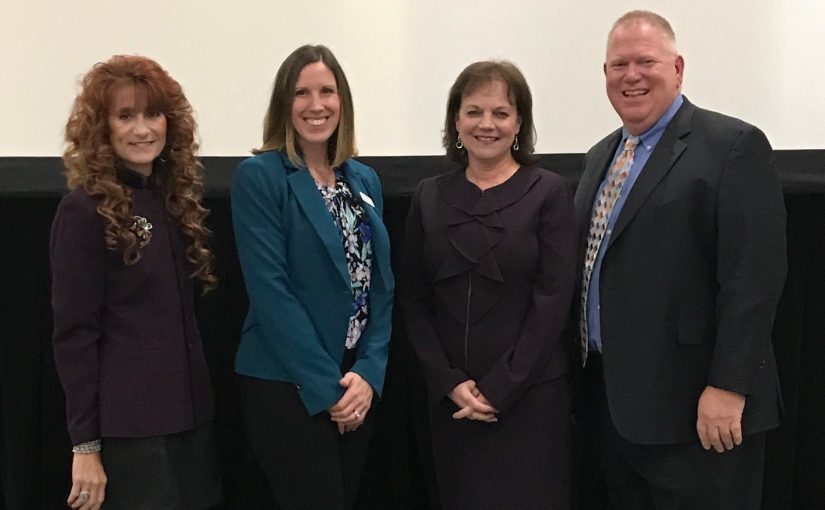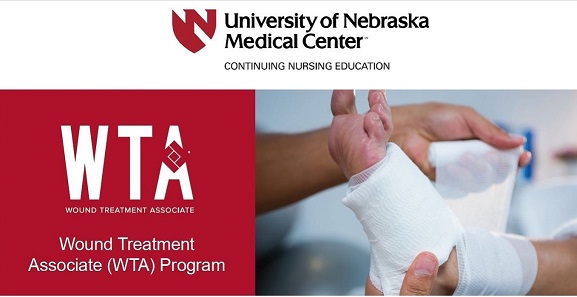Heidi Keeler, Anna Fisher, Dave Kyllo and Angie Szumlinski invite you to join them on Monday March 18th, from 1-2:30 as they explain how ANCC credentialing and and board certification in gerontological nursing can strengthen the ability to demonstrate overall clinical competence and improved resident outcomes with surveyors in this educational session.
“Competent Geriatric RNs – The New Driver of Financial Performance.”
Description: Competent RNs drive quality care and outcomes in long term care settings. PDPM and value- based purchasing also means they now control the financial success of a facility. Providers need to sharpen the clinical knowledge and leadership skills of their RNs if they are to succeed in this new environment. This session will discuss how offering specialized training such as the Gero Nurse Prep course prepares RNs for the new challenges and positions them for board certification in gerontological nursing through the American Nurses Credential Center.
Learning Outcomes:
- Describe the key clinical outcomes that improve in facilities with ANCC board certified RNs
- Discuss how Gero Nurse Prep and ANCC board certification increase RN confidence and competence in the assessment process and clinical leadership
Explain how ANCC credentialing and board certification in gerontological nursing can strengthen the ability to demonstrate overall clinical competence and improved resident outcomes with surveyors






